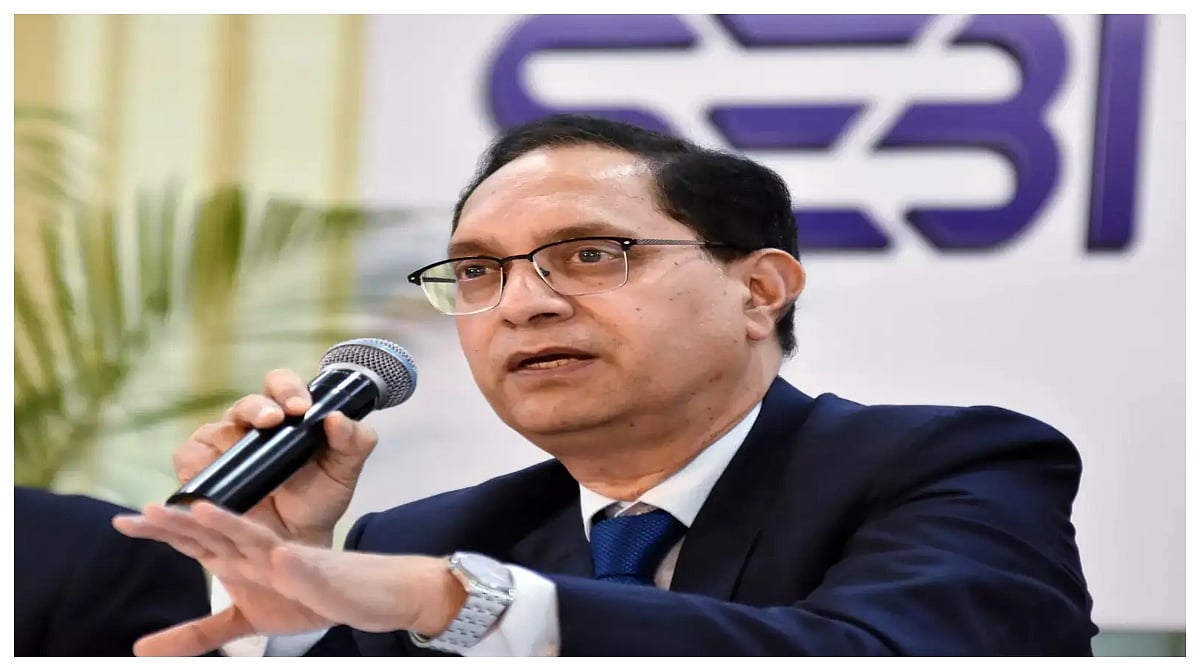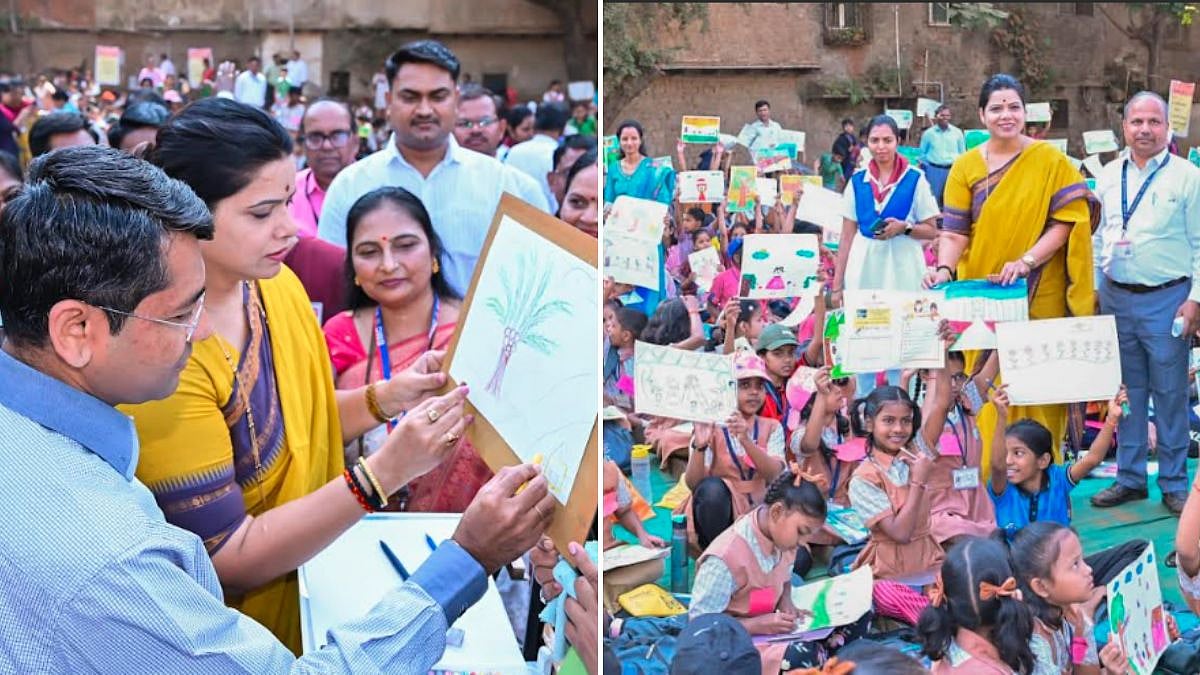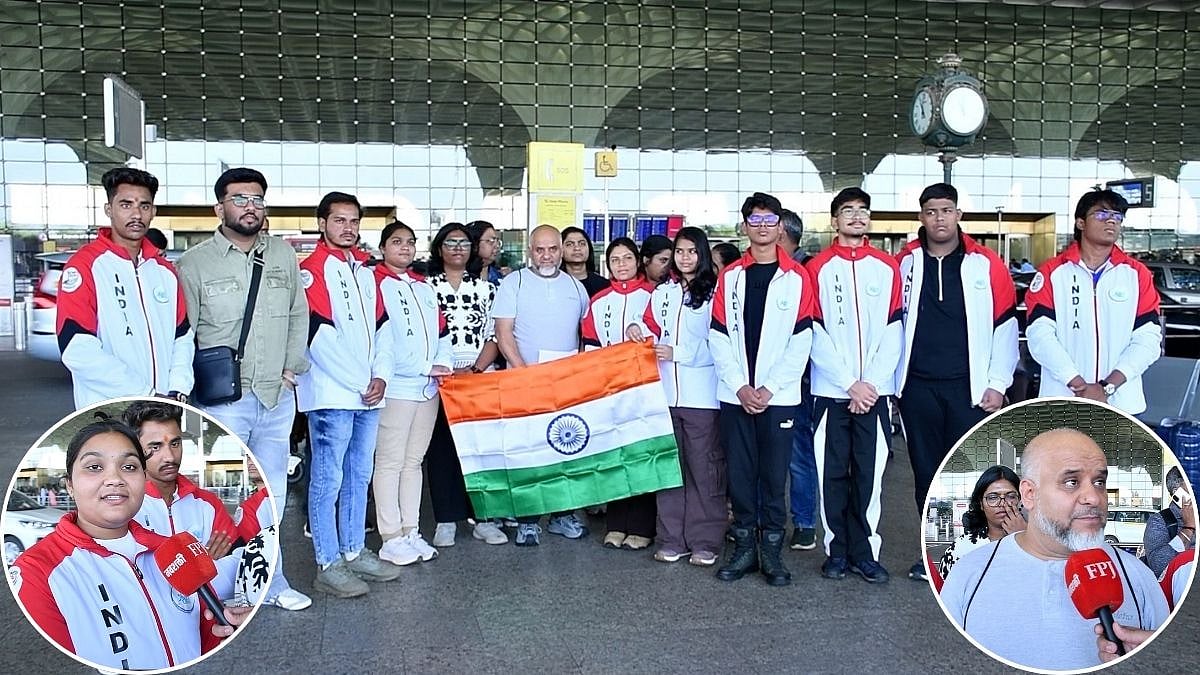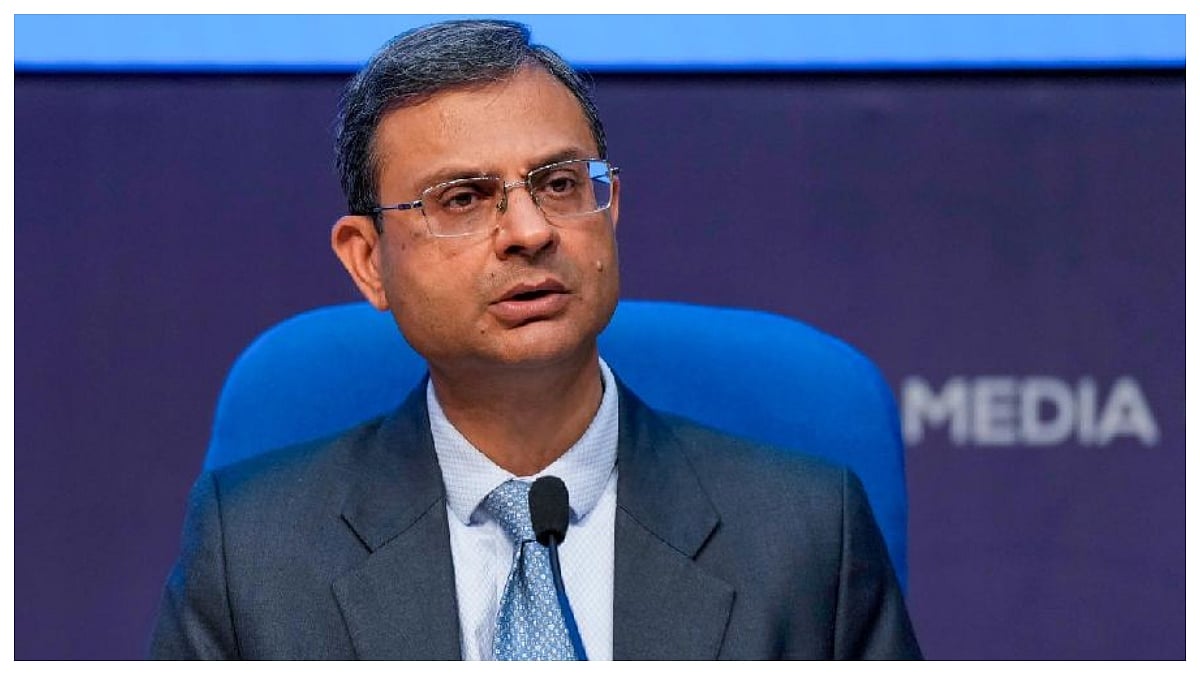New Delhi: Systemic leakages due to fraud, waste, and abuse (FWA) of approximately Rs 10,000 crore each year are silently eroding trust and financial resilience within the insurance ecosystem, according to a report.
To safeguard integrity, there is a need for collective action from all stakeholders, including insurers, corporates, government, and regulators, the report, titled, Rebuilding Trust: Combating Fraud, Waste, and Abuse in India's Health Insurance Ecosystem, said.
Fraudulent behaviours, process inefficiencies, and policy violations have become embedded across the value chain, and these practices are now systemic and increasing, it added.
To address this, the report outlined a three-pillar framework of prevention, detection, and deterrence, underpinned by the enablers of standardisation, technology, and data interoperability.

The report highlighted how advancements in Artificial Intelligence (AI) and Generative AI (GenAI) can transform claims processing from a post-facto policing model into a proactive, real-time fraud prevention system.
The health insurance industry has grown to Rs 1.27 lakh crore as of 2025, reflecting an annualised growth rate of around 17 per cent over the past 5 years, the report said.
The next 5 years continue to be promising, with the industry continuing its growth momentum by growing at a similar 16-18 per cent ballpark, reaching approximately Rs 2.6-3 lakh crore by 2030. Future market-shaping developments, such as composite licenses and health value-added services, will be strong enablers of this sustained growth, leading to augmented coverage and redefined services offered by insurers, it added.
In India's health insurance landscape, about 90 per cent of claims are risk-free, while 2 per cent are outright fraudulent and continue to be flagged today, it said, adding that the real opportunity lies in the remaining 8 per cent, where inefficiencies and abuse can be addressed without inconveniencing genuine policyholders.
"Harnessing digital intelligence, interoperable platforms, and next-generation technology, we can systematically target this segment to reduce fraud leakage, improve trust, and unlock significant value across the ecosystem.
"These efforts can advance the government's Insurance-for-All vision by nearly five years, strengthening India's journey toward a transparent, technology-driven, and sustainable health insurance system," BCG MD and partner Swayamjit Mishra said.
Each year, an estimated Rs 8,000-10,000 crore of claim payouts leak through FWA, which erodes insurer margins, inflates customer premiums, and strains public resources, it said.
"Therefore, the need of the hour is to ensure that we forge digital trust and transparency into our health insurance infrastructure, thereby ensuring that care remains accessible, affordable, and accountable for all citizens," Medi Assist CEO Satish Gidugu said.
FWA is not limited to high-density medical hubs. Fraud risk has become geographically dispersed across India, with no single hotspot, the report said.
(Except for the headline, this article has not been edited by FPJ's editorial team and is auto-generated from an agency feed.)





